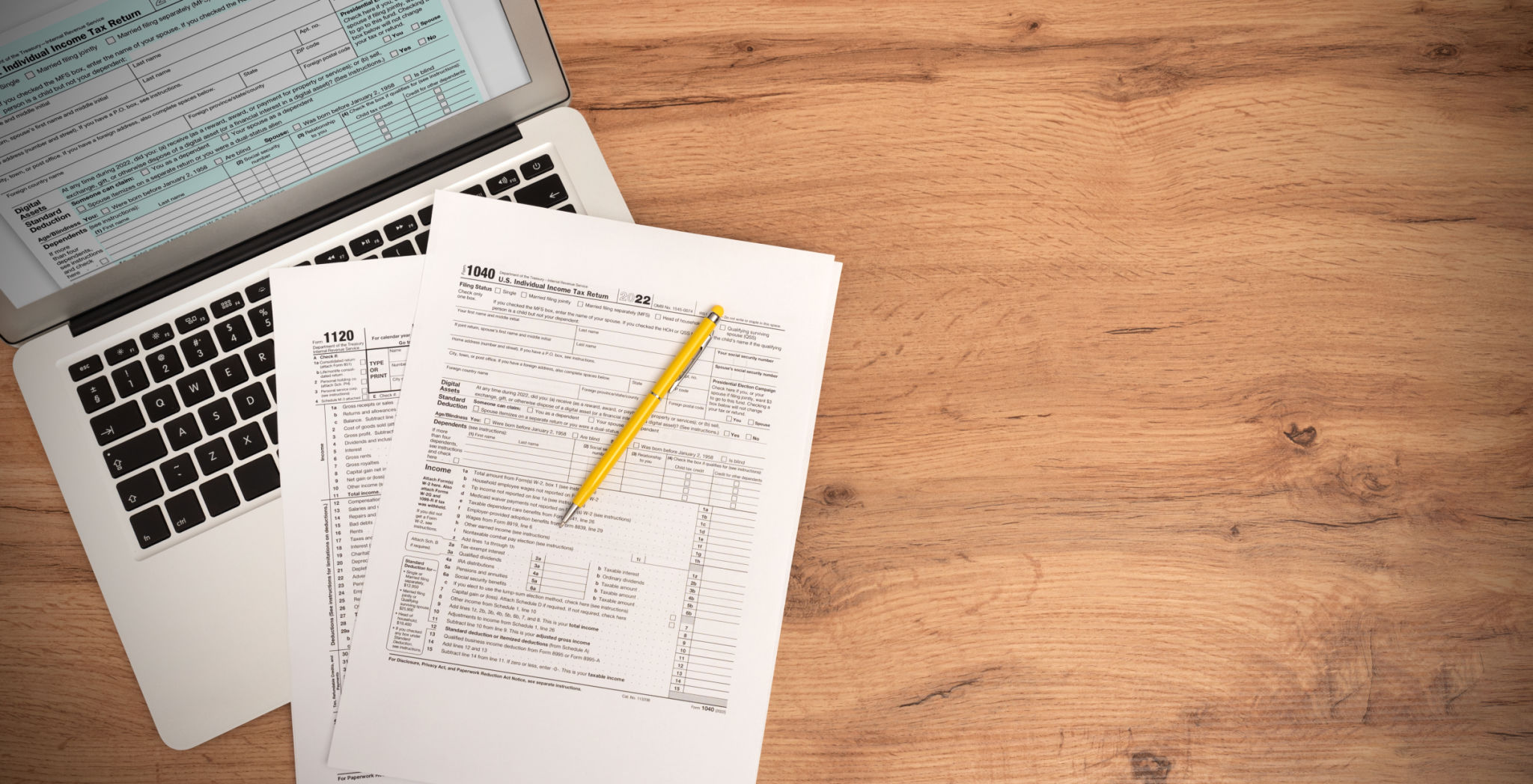The Pros and Cons of Taking Out a Second Mortgage
SC
Understanding Second Mortgages
A second mortgage is a loan taken out against a property that already has an existing mortgage. Essentially, it allows homeowners to tap into their home equity to access additional funds. While this financial tool can be beneficial, it also comes with its own set of challenges and considerations. In this blog post, we will delve into the pros and cons of taking out a second mortgage.
Before deciding whether a second mortgage is right for you, it's important to understand how it works. Typically, homeowners can borrow up to 85% of their home’s value, minus the amount owed on the first mortgage. This provides an opportunity to leverage your home equity for various needs or investments.

The Pros of Taking Out a Second Mortgage
Access to Significant Funds
One of the primary advantages of a second mortgage is the ability to access a substantial amount of money. This can be especially useful for large expenses such as home renovations, debt consolidation, or significant investments. Borrowing against your home equity can provide the capital needed for projects that might otherwise be out of reach.
Potential Tax Benefits
Second mortgages may offer tax benefits that other types of loans do not. In many cases, the interest paid on a second mortgage is tax-deductible, provided the funds are used for home improvements. It’s important to consult with a tax advisor to understand how these benefits apply to your specific situation.

Lower Interest Rates Compared to Other Loans
Second mortgages often come with lower interest rates compared to unsecured loans or credit cards. This is because the loan is secured against your property, reducing the risk for lenders. Lower interest rates mean lower overall borrowing costs, which can make a second mortgage a more affordable option for accessing funds.
The Cons of Taking Out a Second Mortgage
Risk of Foreclosure
One of the most significant risks associated with second mortgages is the potential for foreclosure. If you fail to make payments on your second mortgage, you could lose your home. This risk underscores the importance of carefully assessing your financial situation and ensuring you can comfortably manage the additional debt.

Additional Debt Burden
Taking out a second mortgage means adding more debt to your financial profile. This can increase your monthly financial obligations and potentially strain your budget. It’s crucial to consider whether you can handle this additional debt load without compromising your financial stability.
Closing Costs and Fees
Just like with a first mortgage, second mortgages come with their own set of closing costs and fees. These can include appraisal fees, loan origination fees, and more. It’s important to factor in these costs when determining whether a second mortgage is a cost-effective solution for your needs.
In conclusion, while a second mortgage can provide access to funds at a potentially lower interest rate with possible tax benefits, it also carries risks such as foreclosure and increased debt burden. Carefully weighing these pros and cons will help determine if this financial tool aligns with your long-term goals.

